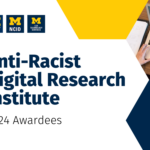
Six teams awarded 2024 Anti-Racist Digital Research Initiative grants
March 1, 2024
Call for Proposals: 2024 Anti-Racism Grants for U-M Faculty
March 7, 2024Academic freedom is a core feature of academia, encouraging open inquiry, among other ideals and protections towards promoting and enacting principles of a democratic society. Higher education and intellectualism have been under attack in the current climate, posing threats to academic freedom and leading toward a chilling effect within education. These efforts are being framed as measures to prevent the teaching of “divisive concepts,” which, in effect, are topics that name and seek to address societal inequities and to improve the greater human condition and have led to the dismantling of diversity, equity, and inclusion (DEI) efforts, book and teaching bans, and discipline or termination of individuals who engage in this work. The codifying of such efforts presents clear and immediate challenges to academic freedom, education, and society writ large. In this conversation, panelists will discuss anti-intellectualism and anti-DEI through a historical and contemporary lens. Panelists will also discuss how such efforts seek to disrupt progress gained by the enactment of DEI efforts. Finally, panelists will offer insights on navigating these challenges and their chilling effects within higher education and beyond.
Framing Remarks
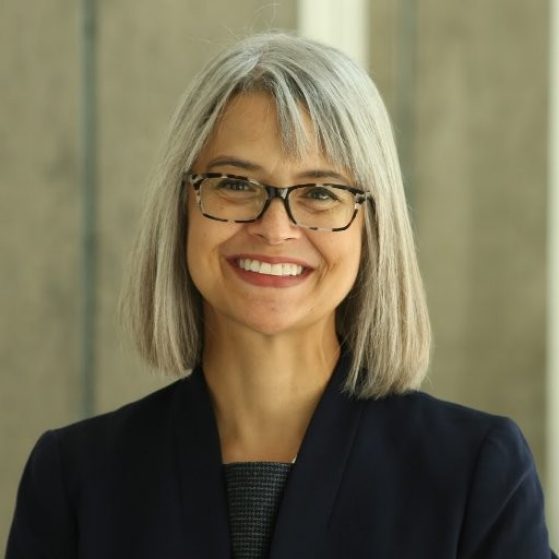
Elizabeth R. Cole
Director of the National Center for Institutional Diversity; University Diversity & Social Transformation Professor; and Professor of Women's and Gender Studies, Psychology, and Afroamerican and African Studies at the University of Michigan
Moderator
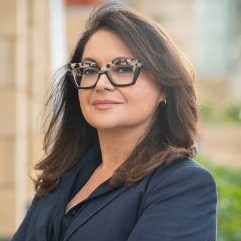
Lorena Chambers
Postdoctoral Research Fellow in the Inclusive History Project and the Department of History at the University of Michigan
Panelists
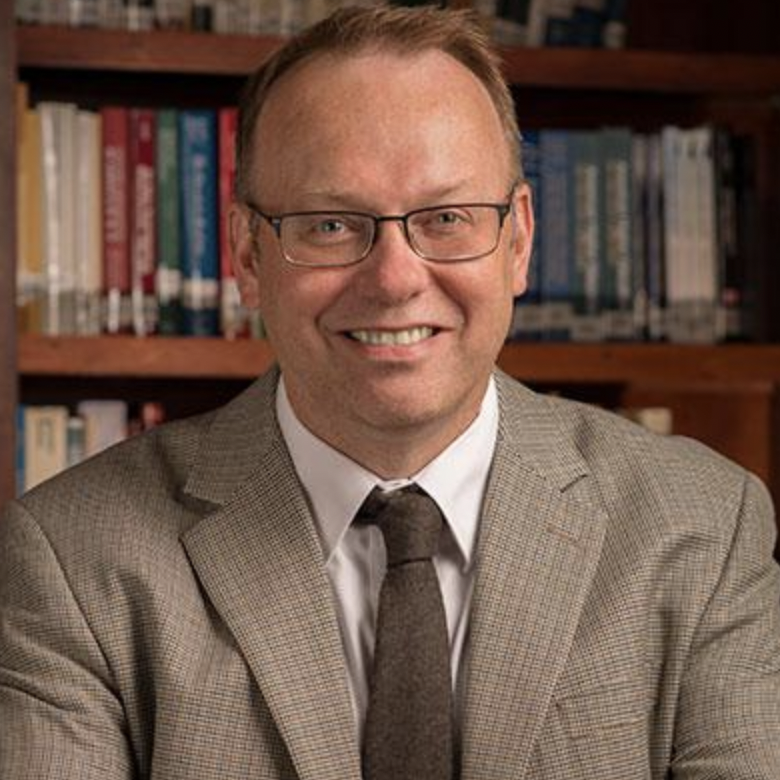
Timothy R. Cain
Professor of Higher Education at the University of Georgia
Chaddrick James-Gallaway
Assistant Professor of Higher Education at Texas A&M University

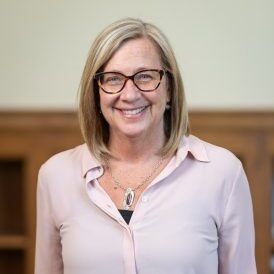
Paula Lantz
James B. Hudak Professor of Health Policy, University Diversity and Social Transformation Professor of Public Policy, Director of the Undergraduate Degree Program in the Gerald R. Ford School of Public Policy, and Professor of Health Management and Policy at the University of Michigan
